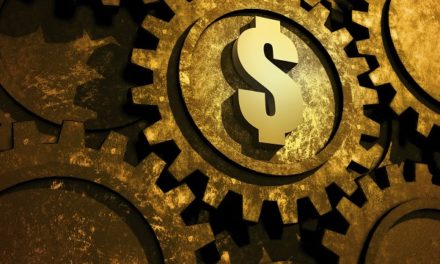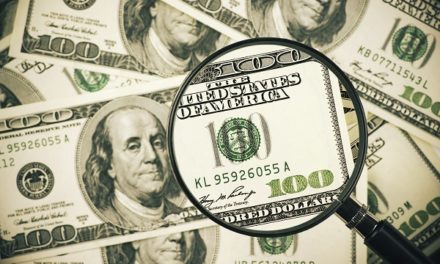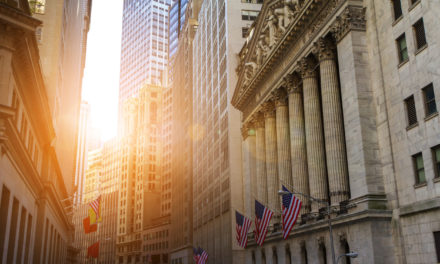
“Someone’s sitting in the shade today because someone planted a tree a long time ago.”
— Warren Buffett
The Warren Buffett investment philosophy calls for a long-term investment horizon, where a twenty year holding period, or even longer, would fit right into the strategy. How would such a strategy have worked out for an investment into MGM Resorts International (NYSE: MGM)? Today, we examine the outcome of a twenty year investment into the stock back in 2004.
| Start date: | 04/02/2004 |
|
|||
| End date: | 04/01/2024 | ||||
| Start price/share: | $23.39 | ||||
| End price/share: | $47.78 | ||||
| Starting shares: | 427.53 | ||||
| Ending shares: | 453.20 | ||||
| Dividends reinvested/share: | $1.62 | ||||
| Total return: | 116.54% | ||||
| Average annual return: | 3.94% | ||||
| Starting investment: | $10,000.00 | ||||
| Ending investment: | $21,666.67 | ||||
As shown above, the twenty year investment result worked out as follows, with an annualized rate of return of 3.94%. This would have turned a $10K investment made 20 years ago into $21,666.67 today (as of 04/01/2024). On a total return basis, that’s a result of 116.54% (something to think about: how might MGM shares perform over the next 20 years?). [These numbers were computed with the Dividend Channel DRIP Returns Calculator.]
Notice that MGM Resorts International paid investors a total of $1.62/share in dividends over the 20 holding period, marking a second component of the total return beyond share price change alone. Much like watering a tree, reinvesting dividends can help an investment to grow over time — for the above calculations we assume dividend reinvestment (and for this exercise the closing price on ex-date is used for the reinvestment of a given dividend).
Based upon the most recent annualized dividend rate of .01/share, we calculate that MGM has a current yield of approximately 0.00%. Another interesting datapoint we can examine is ‘yield on cost’ — in other words, we can express the current annualized dividend of .01 against the original $23.39/share purchase price. This works out to a yield on cost of 0.00%.
One more investment quote to leave you with:
“If you can follow only one bit of data, follow the earnings.” — Peter Lynch




